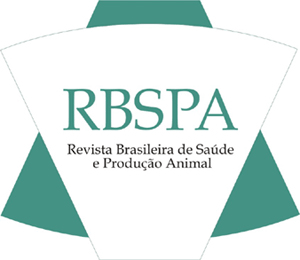ABSTRACT
To evaluate the effects of temporary dietary lysine restriction on nursery pigs’ growth performance and its economic viability compared to control diets, 144 piglets (21-d-old) were assigned to randomized blocks, with two treatments and twelve replicates. The treatments were control-lys: lysine level as recommended from 21-32 and 32-42 days and low-lys: 90% of the lysine level of the control-lys diets. From 42 to 62 days, all animals received a control diet. From 21 to 32 days, pigs fed low-lys had worse average daily gain (ADG), feed conversion, and 32-d body weight (BW; P ≤ 0.05). From 32 to 42 days, pigs fed low-lys had lower average daily feed intake, ADG, and 42-d BW (P ≤ 0.05). From 42 to 62 days, pigs had similar performance (P > 0.05). Overall (21 to 62 days), pigs fed the low-lys had lower (P <0.05) ADG and final BW. At 27 and 29 days, pigs fed the low-lys diet had a higher (P≤0.05) incidence of diarrhea. The lowest feed cost and the highest economic efficiency index were recorded for the low-lys treatment. However, pigs fed the control-lys presented a 3.9% higher profitability. In conclusion, a temporary reduction of lysine in the diets of nursery pigs followed by an unrestricted diet in the subsequent period led to worse growth performance and lower economic viability.
amino acids; compensatory growth; nutrition; phase-feeding; pig
